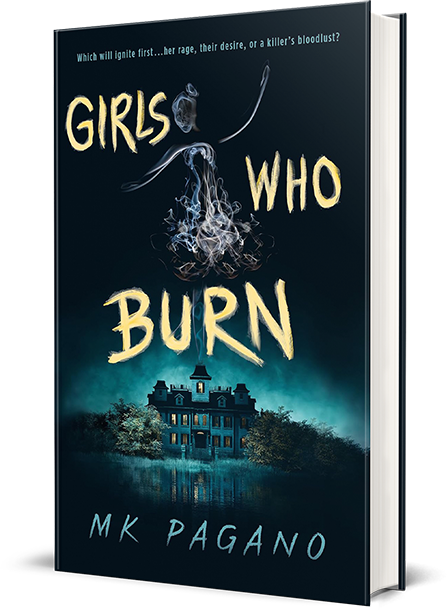Why #OwnVoices Is So Important

Own Voices.
If you’re not a writer or you don’t spend much time with the book community on Twitter, you may not know this term…
#OwnVoices refers to marginalized stories written by people who share the marginalization with their protagonists. For example, this favorite of mine is about Mexican teenagers and the unique struggles they face being first generation immigrants, written by a first generation immigrant Mexican man. Or there are all of David Levithan‘s stellar YA novels about gay young men, which Levithan knows well, being a gay man. Or most recently, this book, written by Angie Thomas, inspired by the Black Lives Matter movement that has been the talk of the town lately (I own it but still haven’t read it — every time I pick it up I feel like I’m not emotionally prepared yet. Soon!)
The relatively recent push for books that don’t feature white, straight protagonists is a great thing. But someone asked me a question lately: are white, straight writers not allowed to write about this stuff, too?
Look, everyone is “allowed” to write about whatever we want. That’s what makes this country so great. And I’m not saying people can’t write outside their own experiences. They can, and do, all the time. For example, I’m not an orphan, I don’t have a tragic death somewhere in my childhood, and I’ve never been the handmaid to a princess. And I’ve written protagonists who’ve done all these things.
And yet, one of the reasons there’s such a push for diversity in stories is because there are so many marginalized stories out there that still need to be told. And someone like me — white, straight, cisgender — cannot possibly know a marginalized person’s experience better than they can.
When people write from their own experiences, the authenticity that shines through is unparalleled. There’s a reason Stephen King writes excellent male characters — especially the male novelist! — but we can nitpick a bit about his portrayal of females. (See: Natasha’s recent discussion of Beverly in It on her excellent podcast.)
And for me personally, there’s a reason why in nearly every novel I’ve completed, my protagonist has been a white straight lapsed-Catholic somewhat insecure female, my age or younger than me, hailing from the east coast of the US. That’s what I know. I have written from the perspectives of boys before, and in a few cases, from the perspectives of middle-aged characters. But it never felt quite right to me. I don’t know that stuff personally. I didn’t fit quite right in their skins.
So should non-marginalized writers include diversity in their books? YES, ABSOLUTELY. We live in a diverse world and it’s far past the time that all our media acknowledges that. In the first couple of stories I wrote, sad to say I didn’t really think about this — I was writing mostly about my own experiences growing up in my super-white Catholic school in my super-white town. And I wrote what I knew. But nowadays, living just outside New York City, I really have no excuse to write stories that exclude marginalized people anymore.
So how do we do that without co-opting the stories that would be better told by others?
There’s a quote I found somewhere on Twitter from a marginalized writer and I can’t for the life of me remember who said it, but I wish I could because it’s a mantra I repeat to myself all the time: Include us in your stories, but don’t tell ours for us.
So in my stories, you will absolutely find marginalized people. But they’re not the protagonists — because I don’t know enough to spend that much time in their heads. I can imagine what it’s like to be judged by the color of my skin or who I love, but I will never really know how that feels.
So that’s why as a reader, I am really striving to read more #ownvoices stories. In general, my favorite books of all are ones I want to climb into and live inside; and I used to think that meant the protagonists had to be a lot like me. But that’s not always true! I’m not a wizard, or an Irish detective, or an African surgeon, and yet these are all stories I’ve devoured heart and soul. All you need to relate to a protagonist is for their story to be well-told. And that often works best when coming from an authentic place.
How about you? Do you write #ownvoices? Are you reading #ownvoices? Recommendations welcome!
Photo by Thought Catalog on Unsplash

